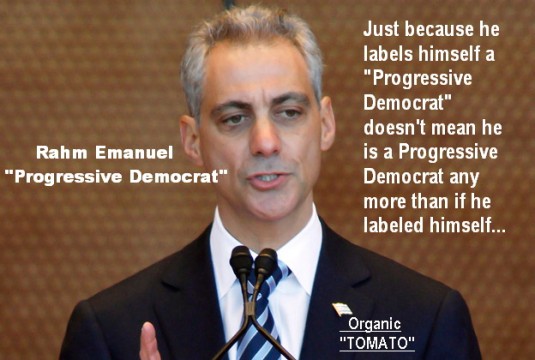House Representative Santos and “Personal Finance”
Washington State Representative Santos was a primary sponsor for yet another nonsensical bill, House Bill 1121.
From the Washington State School Directors Association (WSSDA) Watch List, is the following description of the bill:
Directs the partnership to work with OSPI to integrate financial ed into common core and career and college standards.
Directs districts to offer a course students can take at school or home (meaning online).
Districts are encouraged to grant credit. Allows the partnership to seek federal andprivate funds (guess who from).
Do any of the legislators who put their name to the bill know:
1. …that the Common Core Standards are just for math and English? Therefore, adding Personal Finance to math and English makes those the three most important subjects that will be the focus in all schools in our state. What about science, civics, history and geography? Am I missing something here?
We’ve lost nurses, counselors, librarians, field trips, art, band, music and other enrichment classes but they want to legislate “Personal Finance” into the Common Core Standards?
2. …that the Common Core Standards are copyrighted along with the SBAC test and therefore cannot be altered?
Probably not. I doubt any of them knew anything about the Common Core Standards before voting to approve their implementation in our state. In fact, the Common Core Standards had not been completed when the fine politicians in the great state of Washington approved their use.
When a bill doesn’t make sense, what do I do? You know the answer. I follow the money.
Going through the list of Santos’ contributors, as well as Representative Magendanz‘House Representative Santos and “Personal Finance” | Seattle Education:






